Reader Le Phi Long ( Binh Phuoc ) said: “I regularly read articles about language in the "Casual Conversations on Words and Meanings" section of Thanh Hoa Newspaper, and I've learned a lot. Many words, idioms, and proverbs I only realized I had misunderstood or used incorrectly after reading these 'casual conversations' articles. Indeed, the Vietnamese language is incredibly rich; even a lifetime might not be enough to fully understand and use our mother tongue correctly.”
I recently read in the newspaper that at a conference, a Director of Department X stated: "I think it's time we confronted this issue. Every year, the city adds hundreds of thousands of vehicles, and if we continue to let things run wild like this, we won't be able to solve traffic congestion."
The director's statement has met with opposition, with some arguing that it is offensive, uncivilized, and insulting for a department head to use the term "let loose" in this way. Therefore, we request that the "Casual Conversations on Words" column clarify how the use of the term "let loose" in this context should be understood, and whether it is acceptable.
Thank you very much.
Answer: We are aware of the story related to the term "going commando" that reader Le Phi Long raised, and we have also received similar questions from several other readers.
The word "rông" or "rong" (like "running around the neighborhood") itself means being in a state of carefree abandon, unbound, and able to wander freely everywhere.
Almost all native Vietnamese speakers understand that the term "thả rông" (to let someone roam freely) means to let them go wherever they want, the opposite of "nhóm" (to confine someone in a cage or enclosure, not allowing them to move or act freely).
All the Vietnamese dictionaries we have in hand, published from before 1945 to the present (in both North and South Vietnam), such as the Vietnamese Dictionary (Hoi Khai Tri Tien Duc); the Vietnamese Dictionary (Le Van Duc); the New Vietnamese Dictionary (Thanh Nghi); and the Vietnamese Dictionary (Hoang Phe, editor-in-chief), consistently define "roong" or "tha rong" with the meaning above, and give examples: dogs running free, buffaloes and cows roaming freely, pigs roaming freely; chickens roaming free,... In short, this is a word commonly used for domestic animals that should be managed and kept confined but are instead allowed to roam freely, and of course, this is accompanied by their destructive and disruptive behavior.
However, in reality, the term "going braless" is also used in quotation marks metaphorically, referring to women not wearing bras. This means that a woman's breasts are not bound or restrained by anything, but are left in a state of "freedom," "independence." For example, "Does going braless make breasts firmer?" (Thanh Nien Newspaper), "The trend of wearing a tight waist and going braless is booming again" (Nguoi Lao Dong Newspaper), "Women going braless is not good for their breasts" (Tien Phong Newspaper),... Even the article "French women are protected in their right to go braless in public" (Dan Tri Newspaper) doesn't include this term in quotation marks. Thus, the term "going braless" here no longer means "letting go wherever one wants," but is used metaphorically, associating with freedom, unrestrainedness, and not being bound by anything in general.
Etymologically, "thả rông" is a Vietnamese word, in which both components have Chinese origins. The word "thả" (another variant pronunciation is tha) originates from the word xả 赦, meaning to forgive, release, set free. Regarding the X↔TH relationship (xả↔thả/tha), we also see it in many other cases such as: xuy 吹↔thổi (to blow a flute); xuy 炊↔thổi (to blow, to cook); xú 臭↔thối (stinky),...
The word "rông/rong/nhông" originates from a character with the form 容, pronounced either "dung" or "dong," meaning forgiveness, tolerance, allowing something to exist without punishment. The relationship D↔R (dung/dong↔rong/nhong) is also seen in many cases, such as 夷↔rợ (barbarians); 遺↔rơi (falling behind); 蛹↔nhộng (cocoon, which is a phonetic variation of dung/dong↔rông/nhông; chạy rông/chạy nhông),...
Returning to the statement of the Director of Department X: "...Every year the city adds hundreds of thousands of vehicles, and if we just let things continue like this, we will never be able to solve traffic congestion."
Perhaps the term "uncontrolled" was also used metaphorically by him. It means that the city has no policies to manage or restrict traffic, allowing it to develop completely freely, however it wants. Based on the wording of the quoted passage, we believe that what the director calls "uncontrolled" refers to the free development and increase of "vehicles," not to "uncontrolled" drivers.
However, as mentioned above, since "letting loose" is a term originally used to describe the state of freedom, of animals not being managed or confined, when used in a different sense, it is usually placed in quotation marks in written language to draw the reader's attention to the metaphorical meaning of the word. In contrast, it is difficult to express rhetorical devices in spoken language. Therefore, in our opinion, the director's use of the word "strongly" and without careful consideration caused a misunderstanding. Of course, this should also be considered a lesson in caution in the use of language, especially in speeches at official conferences or forums.
Hoang Trinh Son (Contributor)
Source: https://baothanhhoa.vn/tha-rong-tu-chu-den-nghia-238945.htm


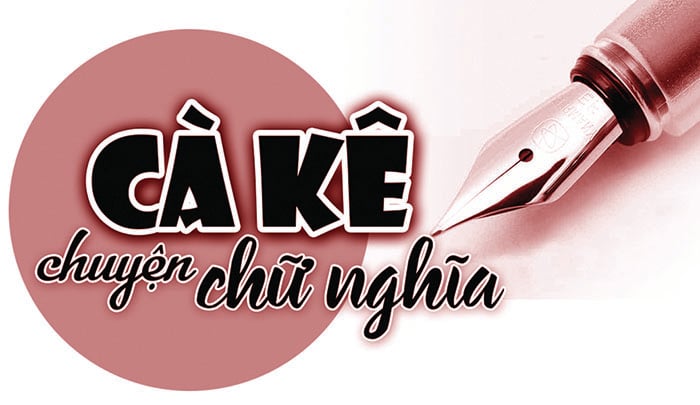

![[Photo] Prime Minister Pham Minh Chinh receives the Governor of Tochigi Province (Japan)](/_next/image?url=https%3A%2F%2Fvphoto.vietnam.vn%2Fthumb%2F1200x675%2Fvietnam%2Fresource%2FIMAGE%2F2025%2F12%2F16%2F1765892133176_dsc-8082-6425-jpg.webp&w=3840&q=75)
![[Live] 2025 Community Action Awards Gala](/_next/image?url=https%3A%2F%2Fvphoto.vietnam.vn%2Fthumb%2F1200x675%2Fvietnam%2Fresource%2FIMAGE%2F2025%2F12%2F16%2F1765899631650_ndo_tr_z7334013144784-9f9fe10a6d63584c85aff40f2957c250-jpg.webp&w=3840&q=75)
![[Image] Leaked images ahead of the 2025 Community Action Awards gala.](/_next/image?url=https%3A%2F%2Fvphoto.vietnam.vn%2Fthumb%2F1200x675%2Fvietnam%2Fresource%2FIMAGE%2F2025%2F12%2F16%2F1765882828720_ndo_br_thiet-ke-chua-co-ten-45-png.webp&w=3840&q=75)
![[Photo] Prime Minister Pham Minh Chinh receives Lao Minister of Education and Sports Thongsalith Mangnormek](/_next/image?url=https%3A%2F%2Fvphoto.vietnam.vn%2Fthumb%2F1200x675%2Fvietnam%2Fresource%2FIMAGE%2F2025%2F12%2F16%2F1765876834721_dsc-7519-jpg.webp&w=3840&q=75)







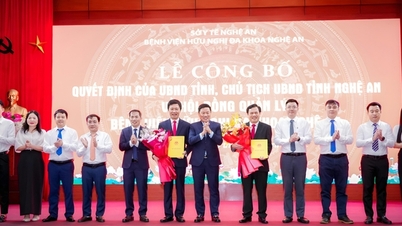

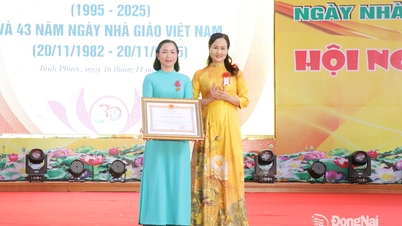

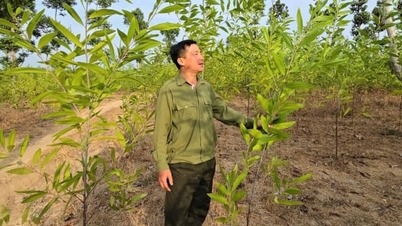




















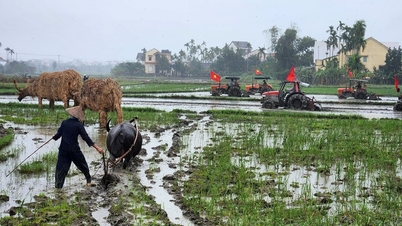



























![[Video] Independence and self-reliance linked with international integration through 40 years of reform](https://vphoto.vietnam.vn/thumb/402x226/vietnam/resource/IMAGE/2025/12/16/1765899635777_1-1-8054-png.webp)




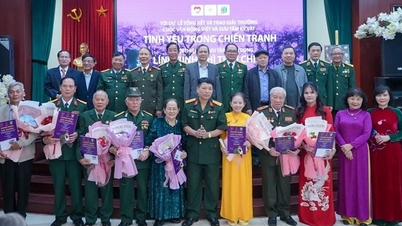




























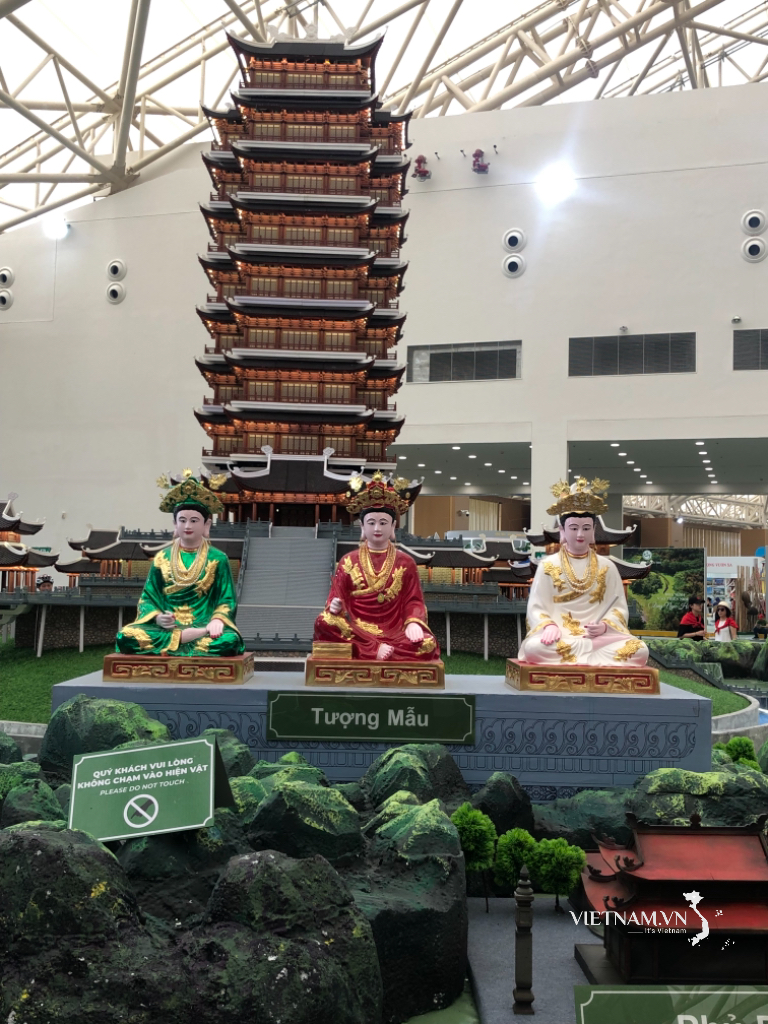

Comment (0)